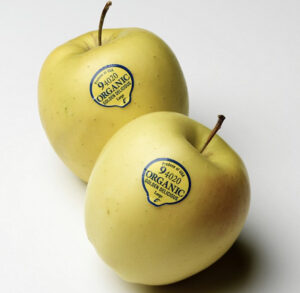Have you ever wondered about the mysterious numbers on those little stickers adorning your fruits and vegetables? They’re not just for scanning at the checkout counter; they hold a wealth of information that benefits both retailers and consumers.
What Does the PLU Code Mean?
First off, what does “PLU” stand for? It’s short for “price look up,” and these codes serve a trio of essential functions. They allow grocery stores to swiftly identify different types of produce during the checkout process, ensuring the right price is charged for each item. But the benefits don’t stop there. PLU codes also come to the rescue when distinguishing between organic and non-organic produce. Furthermore, they help discern unique varieties of the same fruit.
The Magic of the Number ‘9’
Every PLU code typically consists of at least four digits, but the specific number isn’t randomly assigned. It’s a global identifier for a particular type of fruit or vegetable, or for a size range within that type. However, when it comes to organic produce, there’s a little extra magic involved. Organic items sport a five-digit code, and it always begins with the numeral “9,” followed by the familiar four-digit PLU.

Source: Homemaking